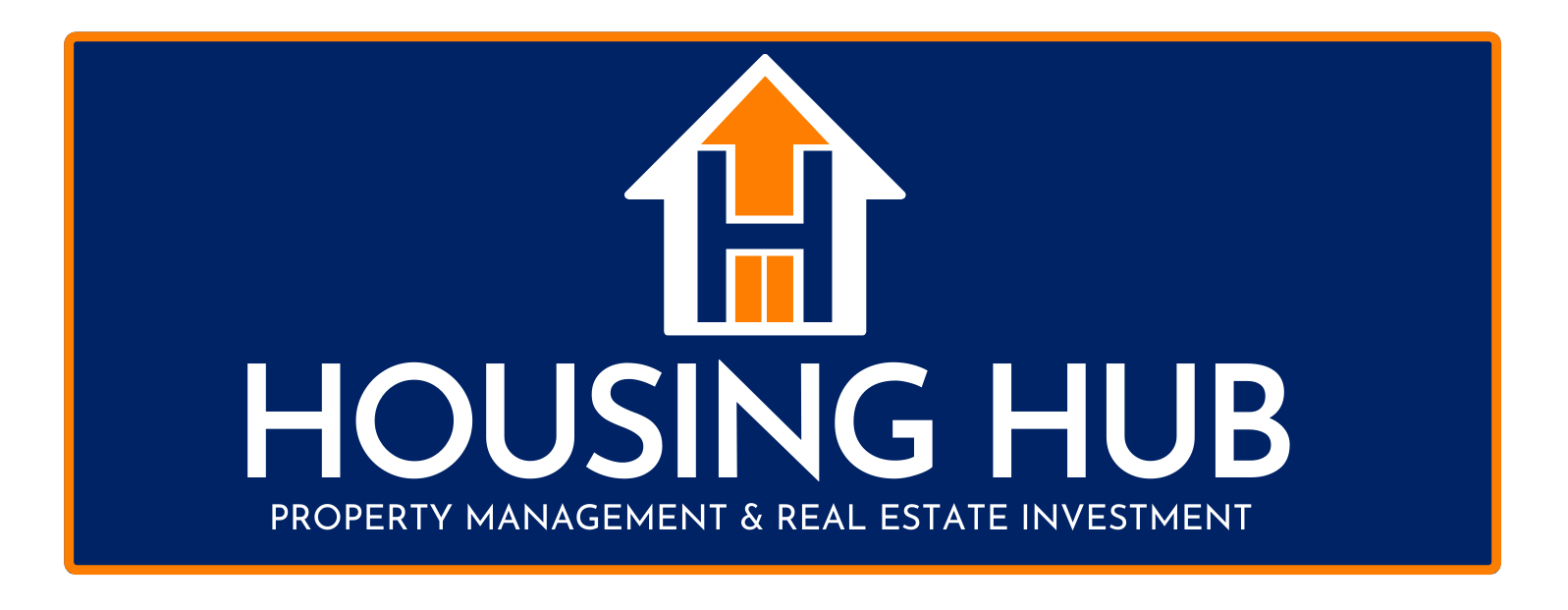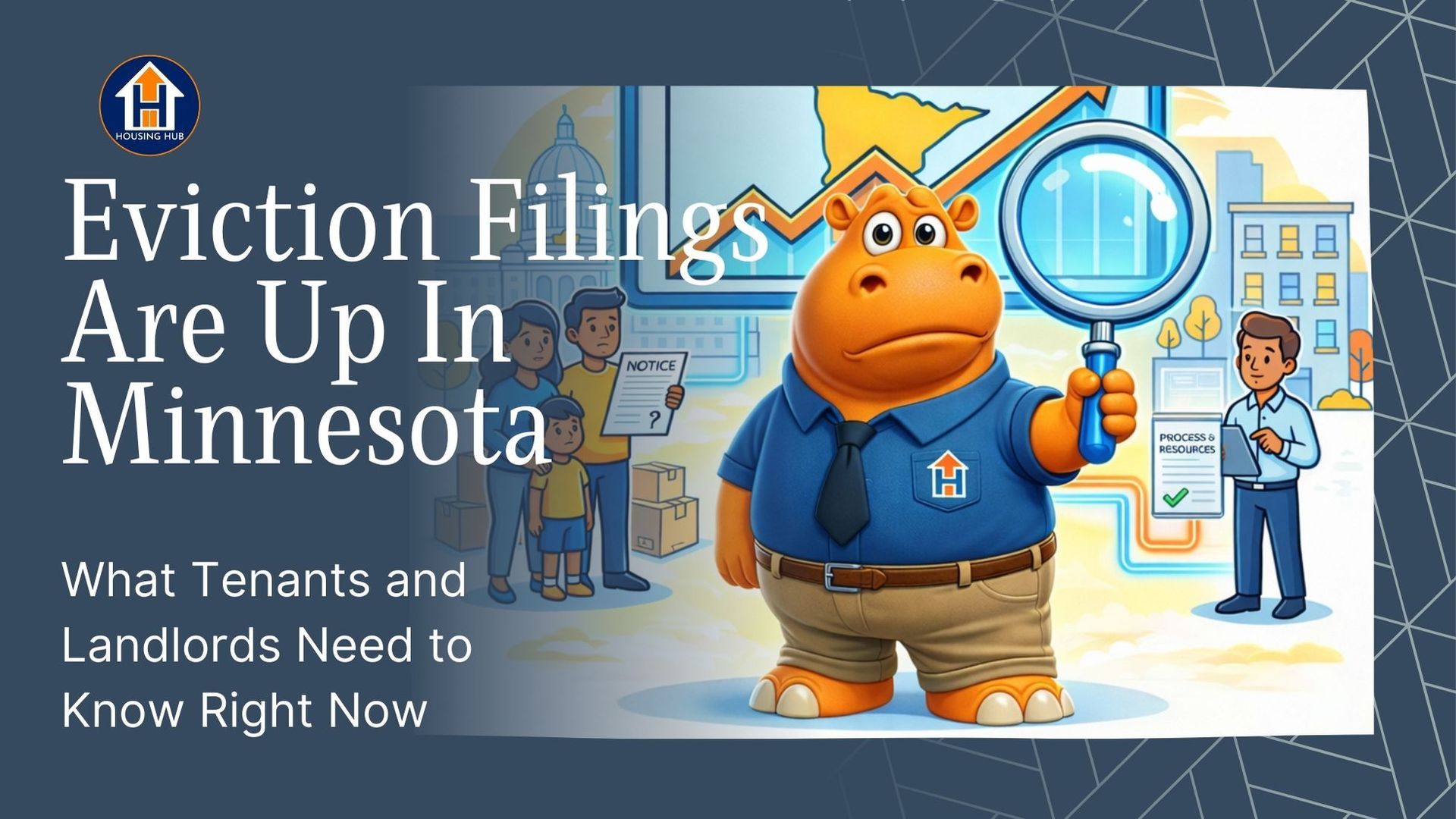Applying the Best Practices for Choosing Reliable Tenants
Choosing the right tenants is crucial for maintaining a smooth-running rental property. A reliable tenant ensures timely rent payments, respects the property, and fosters a positive landlord-tenant relationship. In contrast, a problematic tenant can lead to missed payments, property damage, and ongoing conflicts.
As a property owner, knowing how to select reliable tenants can save you from potential headaches and financial strain. This process starts with setting clear criteria and involves several steps, including background checks and interviews. Each step is vital in assessing whether a potential tenant will be responsible and trustworthy.
Setting Clear Tenant Criteria
Establishing clear tenant criteria is the first step to finding reliable tenants. By setting standards, you can attract applicants who meet your expectations and filter out those who don't. Here are some key factors to consider:
Income Requirements:
- Ensure potential tenants have a stable income that is sufficient to cover rent. A common rule is that monthly income should be at least three times the rent amount.
- Request pay stubs, bank statements, or employment verification letters as proof of income.
Credit History:
- A good credit score often indicates a responsible tenant. Set a minimum credit score requirement to screen out applicants with a history of financial instability.
- Review their credit report for red flags such as late payments, bankruptcies, or significant debt.
Rental History:
- Check references from previous landlords to understand the applicant’s rental history. Reliable tenants usually have positive references and a track record of timely rent payments.
- Pay attention to any past evictions or consistent late payments that could indicate future issues.
Background Checks:
- Tenant screening should include a thorough background check. This includes looking into criminal records to ensure the safety of other tenants and the property.
- Decide on your policy for handling applicants with past criminal records, ensuring it is fair and consistent.
By setting clear and measurable criteria, you make it easier to select tenants who are more likely to meet your standards and maintain a harmonious rental relationship.
Conducting Thorough Background Checks
Conducting thorough background checks is essential to ensure that you are getting trustworthy tenants. This step helps confirm that the applicant’s information is accurate and that they pose no threats to your property or community. Here’s how to conduct comprehensive checks:
Verify Identity and Employment:
- Start by verifying the applicant’s identity with a government-issued ID. This ensures they are who they claim to be.
- Contact their current employer to verify their employment status, income, and job stability.
Assess Credit Reports:
- Obtain a credit report from a reputable credit bureau. This report provides insights into the applicant’s financial behavior and history.
- Look for signs of financial responsibility, such as timely payment of bills and low credit card balances.
Check Rental History:
- Speak to at least two of the applicant’s former landlords. Ask about their payment history, behavior as a tenant, and the condition in which they left the property.
- Verify the landlord references by looking them up online or through public records to ensure they are legitimate.
Review Criminal Records:
- Conduct a criminal background check to identify any past criminal activity. Pay attention to convictions that may pose a risk to your property or other tenants.
- Ensure that your assessment process is fair and complies with local and federal laws regarding discrimination and tenant screening.
Confirm References:
- Contact personal and professional references provided by the applicant. These can offer additional insights into their character and reliability.
- Ask specific questions about the applicant’s trustworthiness, responsibility, and overall demeanor.
Thorough background checks protect you from potential risks and help you choose tenants who are reliable, responsible, and a good fit for your property.
Interviewing Potential Tenants
Interviewing potential tenants gives you a chance to get to know them better beyond their application. This face-to-face or virtual meeting can help you gauge their personality and reliability. Here are some tips for conducting effective tenant interviews:
Prepare Relevant Questions:
- Prepare a list of questions that will help you understand their lifestyle and habits. Ask about their employment, why they are moving, and their rental history.
- Include questions about how they handle responsibilities, such as paying rent on time and maintaining the property.
Gauge Their Responsiveness:
- Pay attention to how they respond to your questions. Are they open and honest? Do their answers align with the information on their application? This consistency is key.
- Notice their communication style. Clear and straightforward answers often indicate a reliable tenant.
Assess Compatibility:
- Discuss your expectations as a landlord, such as respecting quiet hours or following property rules. Make sure they understand and agree with these guidelines.
- Ask about their lifestyle. For example, if they plan on having pets or if they work from home. This helps ensure your property will suit their needs and that they will be respectful of other tenants or neighbors.
By carefully interviewing potential tenants, you can get a better sense of who they are and how they would fit into your rental property. This step allows you to catch any red flags that might not be evident on paper.
Making the Final Decision: Red Flags and Green Lights
After reviewing applications, background checks, and interviews, it's time to make a final decision on your tenant. Identifying red flags and green lights will help you choose the best candidate.
Red Flags:
- Inconsistent Information: If the details on the application do not match the interview or background check, this could indicate dishonesty.
- Poor Rental History: Consistent late payments, previous evictions, or negative landlord references are major red flags.
- Low Income or Financial Instability: If their income is insufficient to reliably cover rent and living expenses, there may be a higher risk of late payments.
- Bad Attitude or Poor Communication: If they are rude, uncooperative, or difficult to communicate with during the process, these behaviors are unlikely to improve.
Green Lights:
- Strong Financials: Steady income, a solid job, and good credit history are all positive indicators of a reliable tenant.
- Positive References: Good feedback from past landlords and strong personal references suggest responsible behavior.
- Consistency: Consistent and honest answers throughout their application, interview, and background check inspire confidence.
- Respectful and Cooperative: Being polite, respectful, and easy to communicate with can indicate a good tenant relationship long-term.
Balancing these red flags and green lights will help you make an informed decision. Choose a tenant who meets most of your criteria and shows signs of being responsible and respectful.
Finding reliable tenants is crucial for maintaining your rental property and ensuring a smooth landlord-tenant relationship. By setting clear tenant criteria, conducting thorough background checks, and carefully interviewing potential tenants, you can significantly increase your chances of selecting the right individuals for your property. Pay close attention to red flags and green lights when making your final decision.
These steps might require time and effort, but they will save you from potential future challenges and headaches. Remember, a good tenant can greatly contribute to the upkeep and harmony of your rental environment.
If you need expert assistance in Minnesota property management or finding reliable tenants, contact Housing Hub. Our team is ready to help you every step of the way. Reach out to us today and let's ensure your rental property is in good hands!






